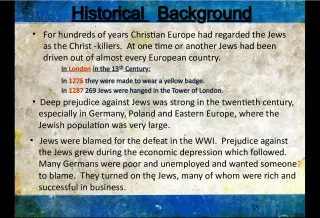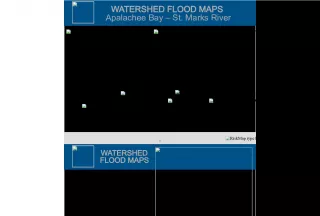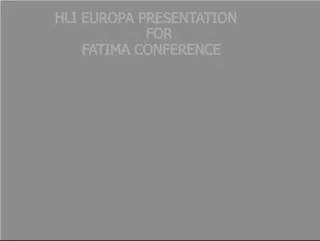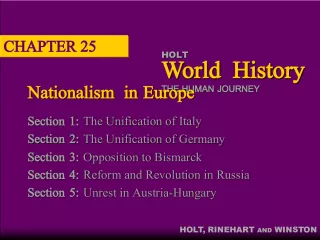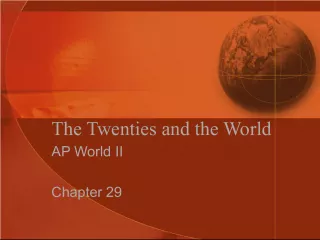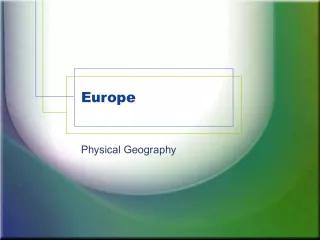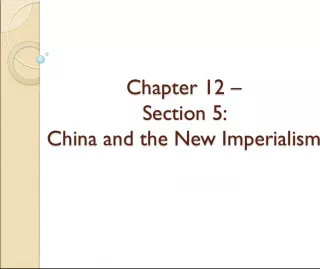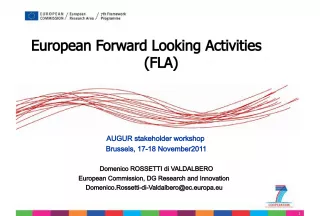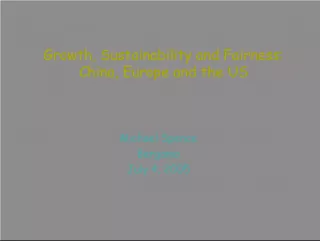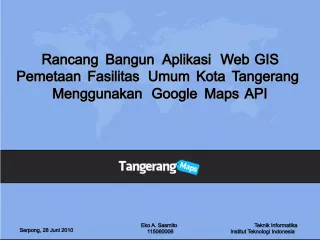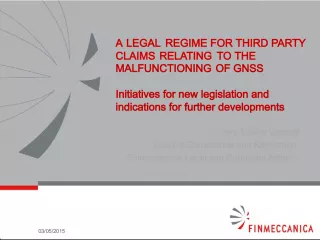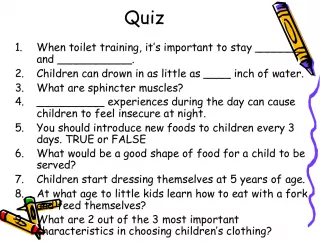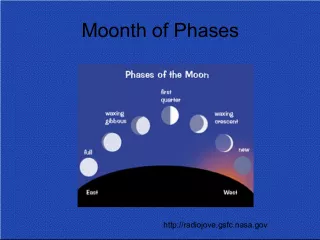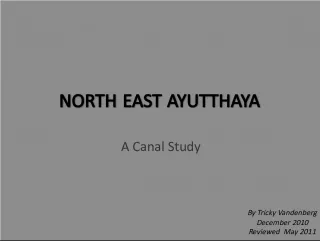Important Maps of Europe
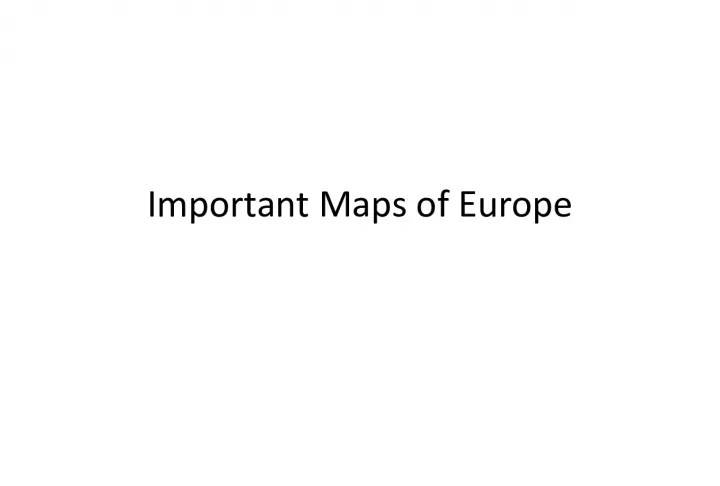

This article presents a variety of maps that are crucial in understanding the geography, politics, and climate of Europe. The first map is similar to the one found in a textbook, but with some differences. It
- Uploaded on | 1 Views
-
 morris
morris
About Important Maps of Europe
PowerPoint presentation about 'Important Maps of Europe'. This presentation describes the topic on This article presents a variety of maps that are crucial in understanding the geography, politics, and climate of Europe. The first map is similar to the one found in a textbook, but with some differences. It. The key topics included in this slideshow are . Download this presentation absolutely free.
Presentation Transcript
Slide1Important Maps of Europe
Slide2•This is a map similar to the on found on page 140 of our textbook. The only difference is the North European Plain is called the North Lowland and this map does not include Russia. • Also the “dotted area in Spain and Portugal is part of the Central Uplands, not Western Highlands.
Slide3Political Map of Europe
Slide4Physical Map of Europe
Slide5Russia Land Zones
Slide6Section 2: Climate andVegetation Chapter 6 Europe and Russia: Physical Geography
Slide7A Wide Range of Temperatures• Temperatures throughout Europe vary greatly from Spain to Russia – Climate affects the culture of a place and contributes to why cultures are different throughout Europe. – For Example: • Barcelona, Spain (on the Mediterranean Sea) has hot and dry summers and the winters are mild and rainy. • Irkutsk, Russia (part of Siberia) has short summers and long very cold winters (snow covers the ground for 6 months) each year, and temperatures drop to 40 degrees below zero.
Slide8A Wide Range of Temperatures• Oceans affect Climate – Areas near an ocean or sea have a fairly mild weather year round – Areas that are far from the ocean often have extreme weather • The North Atlantic Current – The Gulf Stream turns into the North Atlantic Current – It brings warm water from the Gulf of Mexico to Northwestern Europe
Slide9A Wide Range of Temperatures– With the wind, it brings mild weather to must of Northwestern Europe. (London is farther North than any US City, but has a mild weather) – Snow and ice cover Norway's northern section, it western coast is free of ice and snow all year (goof for fishing). • Oceans affect climate in other ways – As winds blow over oceans, they pick up moisture and drop it over land in the form of rain. – Western Europe has fairly wet climate because of this idea. • Mountains affect rainfall – Areas on the western side of mountains in Europe receive heavy rainfall. As winds rise over the mountains they release their moisture and go dry. It causes a rain shadow on the other side. – Rain Shadow: an area on the dry sheltered side of a mountain that receives little rainfall.
Slide10Major Climate Zones• Marine West Coast Climate – Found in Northwestern Europe – Mild all year, but areas are rainy through all seasons (London) • Mediterranean Climate – Area surrounding the Mediterranean Sea – Summers are hot and dry, winters are mild and rainy • Humid Continental Climate – Areas inland had hot summers and long and cold winters. They can also have just one extreme (Irkutsk, Russia (Cold))
Slide11Vegetation of Europe and Russia• The natural vegetation is as varied as the climate. • Forests and Grasslands of Europe – The natural vegetation of Europe is mostly forests – Some have been cleared for farming and factories, but there are still large coniferous forests in the north. – Central and southern parts of N. European Plain are covered by prairies (a large grassland) • Today, they have been cleared and are used for farming
Slide12Vegetation of Europe and Russia• The Russian Tundra, Forests, and Grasslands – Three vegetation zones • Tundra – Tundra: treeless plain where mosses and grasses grow – Permafrost: permanently frozen soil – If it thaws, growth spurts take place, extends across Siberia • Forests – Taiga : immense expanse of trees in Russia – 4 million square miles, largest forest in world. Goes across Siberia • Grasslands – Steppes: Russian grassland – Like our Great Plains, good for farming


